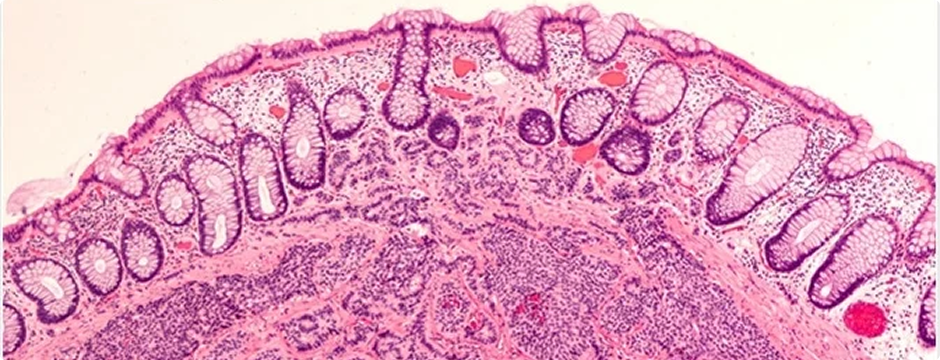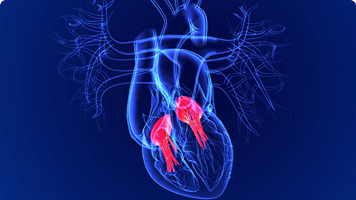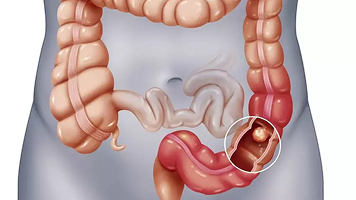
Treatment for Carcinoid and Intestinal NETs

Carcinoid and intestinal neuroendocrine tumors (NETs) are slow-growing malignancies that originate from neuroendocrine cells in the gastrointestinal (GI) tract. These tumors can be functional, producing excess hormones that cause distinct symptoms, or non-functional, growing silently until they reach an advanced stage. Dr. Thalavai Sundarram provides expert treatment for carcinoid and intestinal NETs in Chennai, offering advanced diagnostic and management strategies tailored to each patient.
Causes of Carcinoid and Intestinal Neuroendocrine Tumors
-
Genetic Factors
Inherited conditions like Multiple Endocrine Neoplasia Type 1 (MEN1) increase the risk of NETs. -
Chronic Gastritis or Stomach Conditions
Long-term inflammation in the digestive tract can contribute to tumor formation. -
Hormonal Imbalance
Overproduction of certain hormones can promote tumor growth. -
Environmental and Lifestyle Factors
A diet high in processed foods, smoking, and exposure to toxins may play a role.
Recognising the Symptoms of Carcinoid and Intestinal NETs
Carcinoid Syndrome Symptoms (Occurs when tumors secrete excessive serotonin and other hormones)

Facial flushing (redness and warmth)

Chronic diarrhea and abdominal cramps

Wheezing or shortness of breath

Heart valve dysfunction and palpitations
Intestinal NET Symptoms

Abdominal pain and bloating

Unexplained weight loss

Nausea and vomiting

Bowel obstruction in advanced cases
Diagnosis of Carcinoid and Intestinal Neuroendocrine Tumors
- 24-Hour Urine Test (5-HIAA Test) - Measures serotonin breakdown products to detect carcinoid syndrome.
- Blood Tests - Checks for elevated chromogranin A (CgA) and serotonin levels.
- Imaging Tests -CT scans, MRI, and PET scans help locate tumors and determine spread.
- Endoscopic or Colonoscopic Biopsy - Confirms tumor type and malignancy.

Treatment Options for Carcinoid and Intestinal NETs
Surgical Resection
If diagnosed early, removing the tumor through surgery is the best approach for a potential cure. For small tumors, minimally invasive laparoscopic procedures may be an option.
Medications & Hormonal Therapy
- Somatostatin Analogues (e.g., Octreotide, Lanreotide) – Control hormone secretion and alleviate symptoms.
- Targeted Therapy (e.g., Everolimus, Sunitinib) – Slows tumor progression and is used in advanced cases.
Peptide Receptor Radionuclide Therapy (PRRT)
A specialised treatment where radioactive molecules target and destroy tumor cells while sparing healthy tissue.
- Used in aggressive cases where the tumor has spread.
- Anti-diarrheal medications and dietary adjustments help manage carcinoid syndrome symptoms.
Chemotherapy & Symptom Management
Outcomes of the Thyroid Hormone Replacement Therapy
- Effective symptom relief and improved quality of life with hormone therapy.
- Surgical removal offers the best chance of a cure in localised cases.
- Long-term monitoring is required to detect recurrence or metastatic spread.
Complications of Untreated Carcinoid and Intestinal NETs
Without treatment, these tumors can spread to the liver, lungs, or bones, making management more challenging. Severe carcinoid syndrome can lead to heart valve disease, chronic diarrhea, and malnutrition. In advanced cases, intestinal obstruction may occur, requiring emergency surgical intervention.
Managing Carcinoid and Intestinal NETs for Long-Term Health
Regular monitoring through imaging and blood tests is essential for early detection of tumor progression. Lifestyle modifications, including a balanced diet and stress management, can help alleviate symptoms.
If experiencing persistent GI issues, flushing, or unexplained weight loss, seeking medical evaluation is crucial for timely diagnosis and treatment, ensuring better long-term health outcomes.



